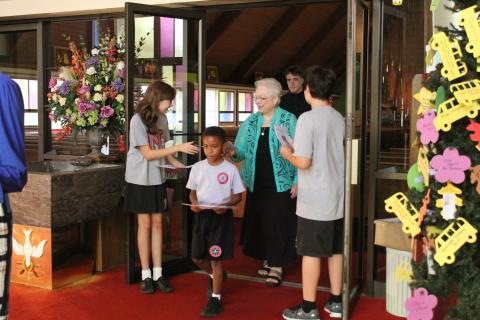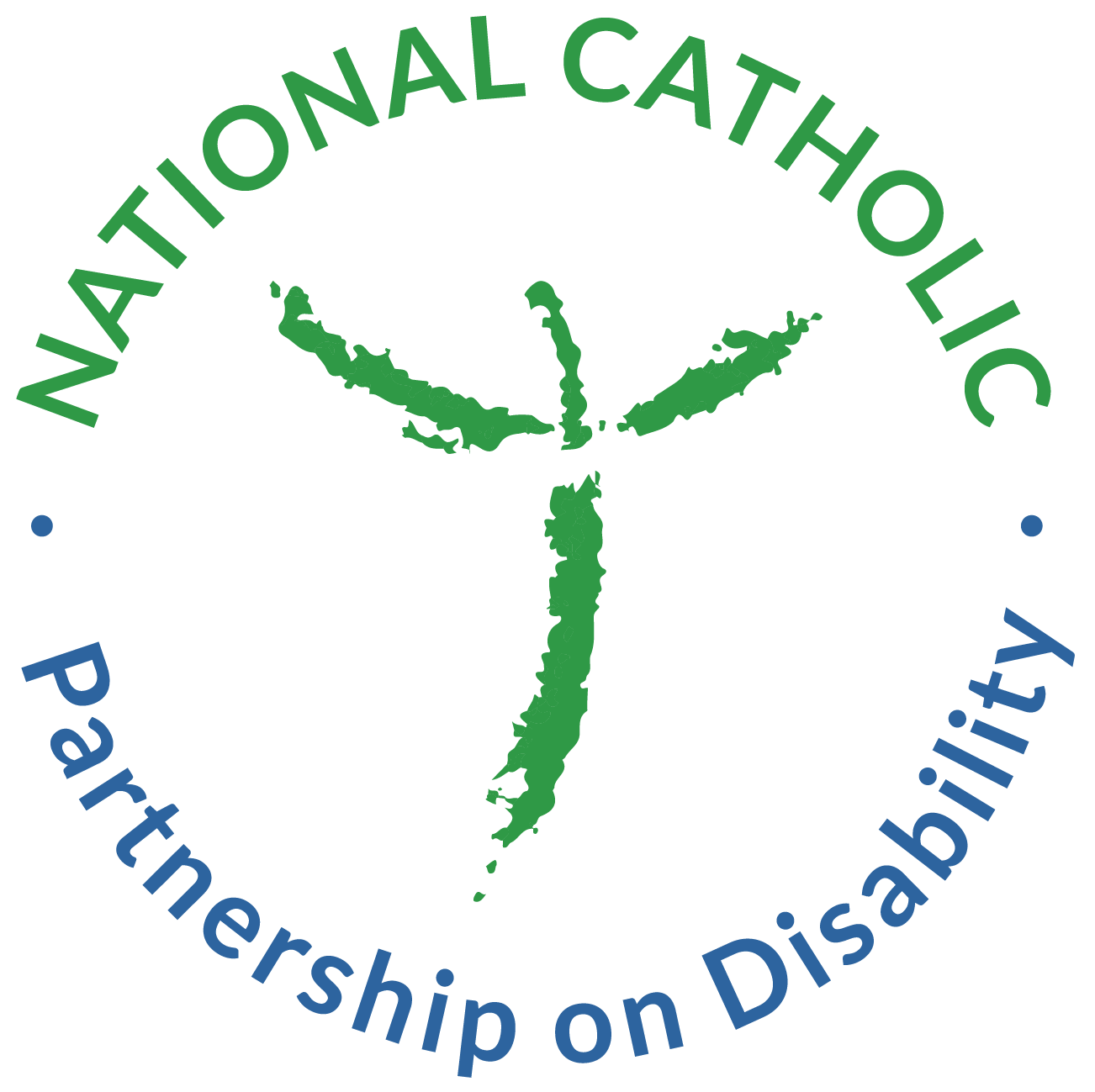
20.6 million American adults are blind or living with vision loss that is not corrected by wearing glasses or contact lenses (National Health Interview Survey 2012). The following are some tips to facilitation interaction among people with and without 20/20 vision.
Do…
- Identify yourself as you approach a person who is blind; in a group situation, identify the person to whom you are speaking.
- Ask a blind person if they would like you to guide them through an unfamiliar area. If they say yes, offer your elbow and walk one step ahead of them. Guide their hand to the back of the chair or handrail when approaching a seat or steps.
- Walk on the opposite side of a guide dog and describe any obstacles, like a bump in the sidewalk or approaching stairs (specify up or down).
- Talk in a normal tone of voice; avoid the tendency to speak loudly to blind people. Tell a blind person when you leave their presence and make certain they know where the nearest exit is if they are left alone in the room.
- Provide a well lit, but nonglare environment.
- Provide handrails on both sides of stairs extending beyond the top and bottom step.
- Use a contrasting color at the edge of the step.
- Provide written material in alternate formats as needed: large print, Braille, audio, or electronic.
- Provide audio description of visual portions of liturgies or presentations.
- Offer to read aloud written information, such as flyers, bulletins, or menus.
- For the Eucharist, when offering a blind person, the cup, tell them how full it is.
Don’t…
- Don’t grab a person’s arm to guide them
- Don’t leave entry doors, cabinets doors, or drawers half opened.
- Don’t rearrange furnishings without informing a person who is visually impaired.
- Don’t pet a working guide dog.
- Don’t assume all blind people read Braille.
- Don’t try to avoid using expressions with the words “see” and “look”.
- Don’t mistakenly believe that senses or hearing, smell, or touch are more acute for people with vision loss.
Related Disability or Ministry:
Resource Type:
Source Type:
Language of resource:


